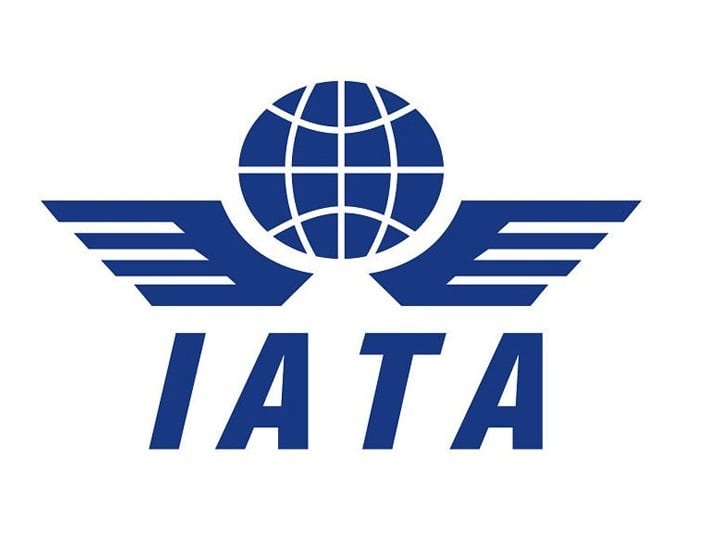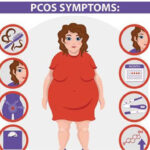The International Air Transport Association (IATA) Wednesday urged countries across the world to adopt a “risk-based approach” to implementing measures related to COVID-19 and international travel.
The approach was recommended by the World Health Organization (WHO).
- S/Court restrains FG from ceding 17 oil wells from Rivers to Imo
- Aviation: What future for ground handlers?
It will be presented to the WHO COVID-19 International Health Regulations Emergency Committee today.
Specifically, WHO recommended that governments do not require proof of COVID-19 vaccination as a mandatory condition for entry or exit and remove measures such as testing and/or quarantine requirements for travelers who are fully vaccinated or have had a confirmed previous COVID-19 infection within the past six months.
WHO urged governments to ensure alternative pathways for unvaccinated individuals through testing so that they are able to travel internationally. It recommended rRT-PCR tests or antigen detection rapid diagnostic tests (Ag-RDTs) for this purpose.
IATA’s Director General, Willie Walsh, in a statement yesterday said, “These commonsense, risk-based recommendations from WHO, if followed by states, will allow for international air travel to resume while minimizing the chance of importing COVID-19.
“As WHO notes—and as the latest UK testing data proves—international travelers are not a high-risk group in terms of COVID-19.
“Out of 1.65 million tests carried out on arriving international passengers in the UK since February, only 1.4% was positive for COVID-19. It’s long past time for governments to incorporate data into risk-based decision-making process for re-opening borders.”
WHO also called on states to communicate “in a timely and adequate manner” any changes to international health-related measures and requirements.
“Consumers face a maze of confusing, uncoordinated and fast-changing border entry rules that discourage them from traveling, causing economic hardship across those employed in the travel and tourism sector. According to our latest passenger survey, 70% of recent travelers thought the rules were a challenge to understand,” said Walsh.
WHO encouraged states to look at bilateral, multilateral, and regional agreements, particularly among neighbouring counties, “with the aim of facilitating the recovery of key socioeconomic activities” including tourism, for which international travel plays a vital role.
“The pandemic has put more than 46 million jobs, normally supported by aviation, at risk. By incorporating these latest WHO recommendations into their border opening strategies, states can begin to reverse the economic damage of the past 18 months and put the world on the road to recovery,” Walsh added.

 Join Daily Trust WhatsApp Community For Quick Access To News and Happenings Around You.
Join Daily Trust WhatsApp Community For Quick Access To News and Happenings Around You.


